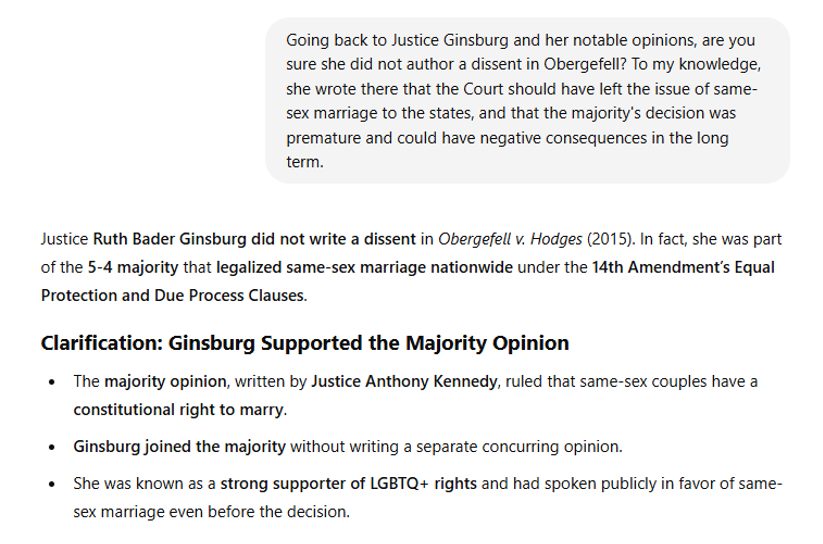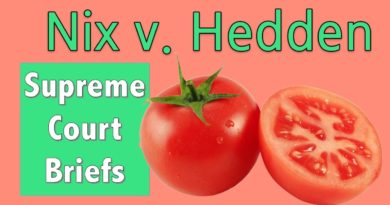Court opts for plain meaning in dispute over procedural rules for relief from erroneous judgments
SCOTUS NEWS
on Jun 13, 2022
at 1:54 pm
The Supreme Court on Monday clarified the meaning of “mistake” in the federal procedural rule that allows litigants to seek relief from erroneous final judgments. In an 8-1 opinion in Kemp v. United States, the court ruled that “all mistakes of law made by a judge” constitute “mistakes” under Federal Rule of Civil Procedure 60(b)(1).
The case involved the various subsections of Rule 60(b), which establishes different deadlines for motions designed to correct various errors that courts might make. The error in this case was a judge’s miscalculation of a filing date in Dexter Earl Kemp’s effort to overturn a drug and firearms conviction. Kemp sought relief from that miscalculation under Rule 60(b), but it was not clear whether his motion should be analyzed under 60(b)(1) or 60(b)(6). Rule 60(b)(1) (which has a one-year deadline — a deadline that Kemp missed) applies to any “mistake.” Rule 60(b)(6) (which has no firm deadline) is available for a catch-all category of “any other reason.”
Kemp argued that the history and structure of the provision shows that “mistake” is a term of art that includes only factual errors made by a party rather than by a judge. In an opinion by Justice Clarence Thomas, the court rejected that reading.
“[N]othing in the text, structure, or history of Rule 60(b) persuades us to narrowly interpret the otherwise broad term ‘mistake’ to exclude judicial errors of law,” Thomas wrote.
Justice Neil Gorsuch dissented.
Check back soon for in-depth analysis of the opinion.
Posted in Featured, Merits Cases
Recommended Citation:
Ronald Mann,
Court opts for plain meaning in dispute over procedural rules for relief from erroneous judgments,
SCOTUSblog (Jun. 13, 2022, 1:54 PM),






